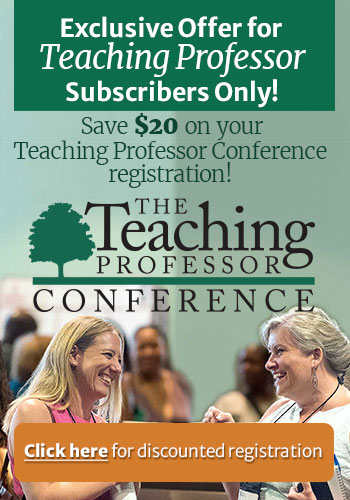
If Content Is King, Maybe It’s Time for a Little Regicide?
It happens almost every time: I’ll be running a workshop on assignment design, or on curricular reform, or on day-to-day instruction. Someone will raise their hand and say they teach chemistry or sociology or art history. They’ll look bashful, or angry, or curmudgeonly. “I can’t













